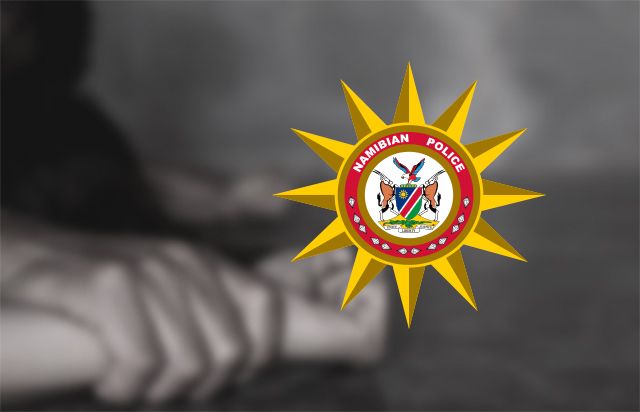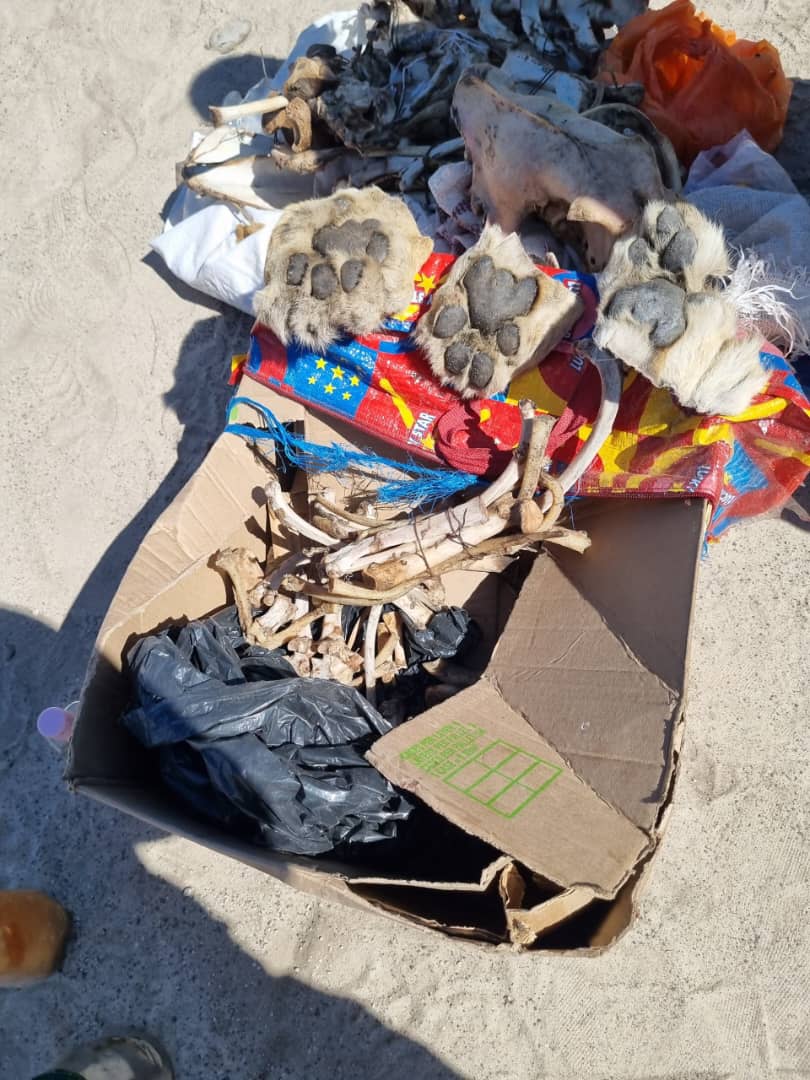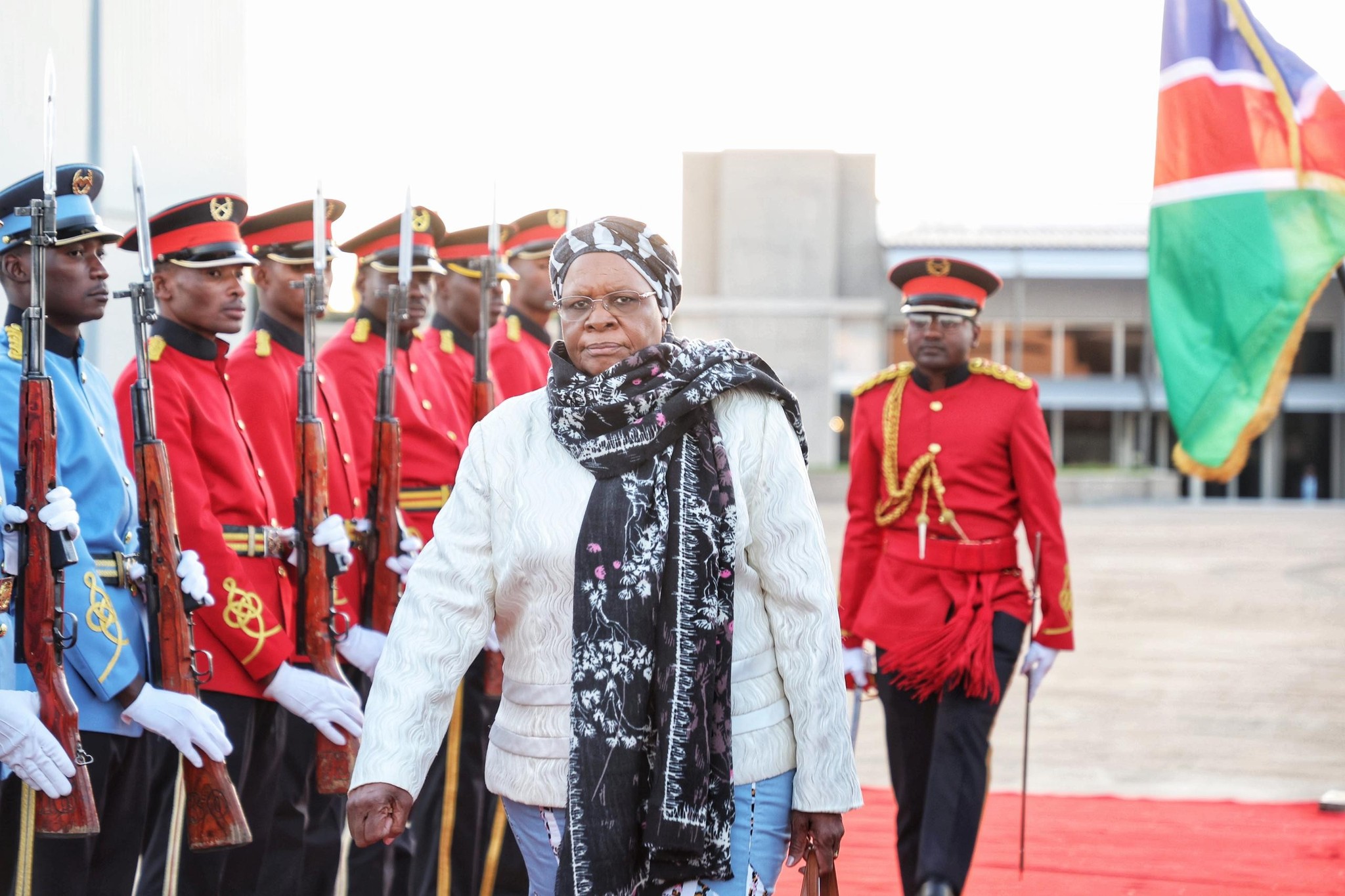KIGALI – Plans by African countries to jointly construct an undersea telecommunications cable suffered a setback on Tuesday when less than one third of the participants signed an agreement to oversee the running of the system.
Only seven out of 23 countries signed the accord for the long-delayed East African Submarine System (EASSy), which aims to slash phone and Internet costs. Analysts say delays in implementing the project were a major concern because Africa’s expensive and unreliable telecommunication services were a major hindrance to investment.The project has been held back by squabbles mainly between Kenya and South Africa over financing, ownership and about how much access to the fibre-optic cable would cost.Kenya had accused South Africa of trying to dominate the project and for pushing the idea of governments managing the 9 900 km cable that will link the port cities of Durban and Port Sudan.South Africa denies the claims.At a two-day meeting in Rwanda’s capital Kigali, Kenya and other countries said they had not been given enough time to study the protocol.”There could have been certain areas within the protocol that were not pleasing to some members,” Ivy Matsepe Casaburri, South Africa’s minister for communication, told Reuters.”However, we will move ahead with this initiative as we convince our brothers to come aboard,” she added.Only Lesotho, Madagascar, Malawi, Rwanda, South Africa, Tanzania and Uganda signed the protocol in Kigali.The permanent secretary in Kenya’s Ministry of Communication, Bitange Ndemo, said the project organisers had rushed parties to sign the agreement without addressing their concerns.”There are a lot of issues that had not been sorted out,” Ndemo told Reuters in Nairobi.”We are not refusing EASSy per se, but we oppose some of the contents (of the protocol).”Telecom operators, who will manage the system, signed a construction and maintenance agreement in July, raising hopes that construction would start in August.Ministers meeting in Kigali on Tuesday extended the deadline for signing the accord by three months to gain backing from more countries.The EASSy cable was originally expected to be operational in the first quarter of 2008.The project is expected to cut Internet costs to nearly one third of current levels over the next five years and boost investment in Africa.Nampa-ReutersAnalysts say delays in implementing the project were a major concern because Africa’s expensive and unreliable telecommunication services were a major hindrance to investment.The project has been held back by squabbles mainly between Kenya and South Africa over financing, ownership and about how much access to the fibre-optic cable would cost.Kenya had accused South Africa of trying to dominate the project and for pushing the idea of governments managing the 9 900 km cable that will link the port cities of Durban and Port Sudan.South Africa denies the claims.At a two-day meeting in Rwanda’s capital Kigali, Kenya and other countries said they had not been given enough time to study the protocol.”There could have been certain areas within the protocol that were not pleasing to some members,” Ivy Matsepe Casaburri, South Africa’s minister for communication, told Reuters.”However, we will move ahead with this initiative as we convince our brothers to come aboard,” she added.Only Lesotho, Madagascar, Malawi, Rwanda, South Africa, Tanzania and Uganda signed the protocol in Kigali.The permanent secretary in Kenya’s Ministry of Communication, Bitange Ndemo, said the project organisers had rushed parties to sign the agreement without addressing their concerns.”There are a lot of issues that had not been sorted out,” Ndemo told Reuters in Nairobi.”We are not refusing EASSy per se, but we oppose some of the contents (of the protocol).”Telecom operators, who will manage the system, signed a construction and maintenance agreement in July, raising hopes that construction would start in August.Ministers meeting in Kigali on Tuesday extended the deadline for signing the accord by three months to gain backing from more countries.The EASSy cable was originally expected to be operational in the first quarter of 2008.The project is expected to cut Internet costs to nearly one third of current levels over the next five years and boost investment in Africa.Nampa-Reuters
Stay informed with The Namibian – your source for credible journalism. Get in-depth reporting and opinions for
only N$85 a month. Invest in journalism, invest in democracy –
Subscribe Now!










